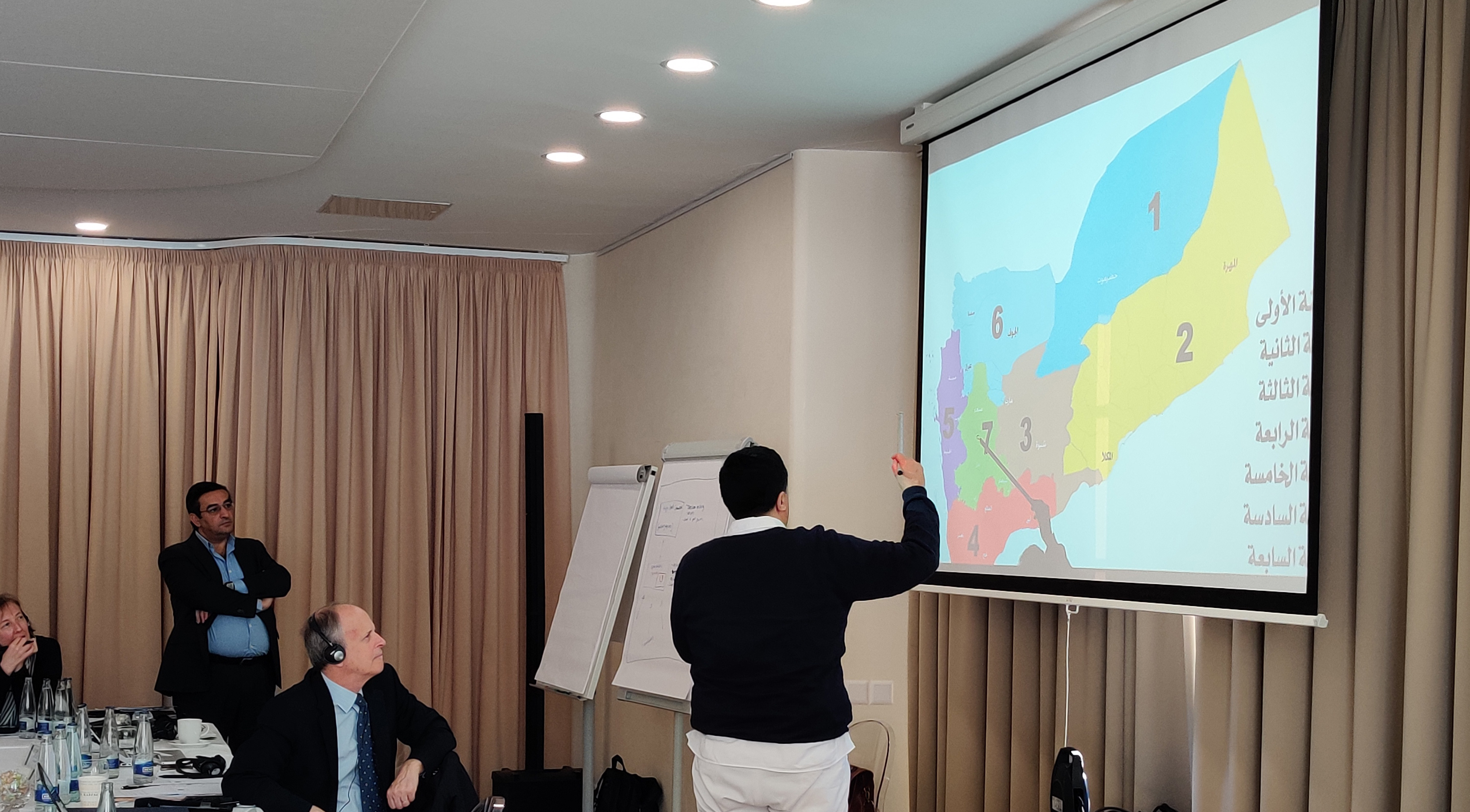The Geneva Center for Security Sector governance – DCAF supports security sector governance and reform (SSG/R) processes that aim to ensure countries and societies are safer, thanks to security governance systems anchored in principles of accountability, the rule of law, and respect for human rights. This implies working with and in support of state and non-state structures and institutions, guaranteeing a security system adapted to people’s needs. It also entails ensuring that security providers are effectively under civilian oversight that holds them to account.
It may sound odd to talk about SSG/R under conflict situations in which societies are still struggling to establish the governance system they want and, thus, the necessary institutional foundations to design and launch reforms. Nevertheless, DCAF’s experience shows the importance of addressing SSG/R early on in all conflict resolution and peacebuilding processes.
Internal conflicts, like in Yemen, generate mutual fear and augment the levels of mistrust among conflict parties. Thus, they align behind military solutions to the conflict, believing they can defeat “the other” and negate the source of their fears or the need to build trust with an opponent. Such a situation allows for non-state actors and hybrid security systems to spread. All this aggravates conflict, not least by creating vested interests through a “war economy”, and hinders conflict parties from compromising and reaching a deal. They rather find themselves in a vicious circle where the longer the conflict, the further parties stay in their respective positions.
Confidence-building measures and guarantees that allow warring parties to trust that joint concessions and agreements can be found and respected are key to enabling progress towards peace. DCAF believes that the more such concessions are made reciprocally, and the more guarantees are seen as built-in into agreements, the more confident conflict parties will be to broker a deal. Corresponding concessions and accepted guarantees become possible when the parties work towards a future vision anchored in minimal common grounds. In security sector governance, this is translated through broad agreements or shared understanding of “what security sector do we want for our future, and how do we want it to be structured, regulated, and governed?”. As long as the parties can see themselves fully included and integrated into such a vision, they will feel in control and, thus, be able to influence the course of events, including the adherence to guarantees. Somehow, they find that each of them is legitimized and empowered to act as a “watchdog” for what everyone else may or may not do. In this way, parties can also trust built-in guarantees much more than any external, often artificial and imposed ones, whose sustainability may be questioned.
DCAF is successfully testing this approach through its support program in Yemen by offering an informed, inclusive, and neutral space for dialogue around short-term security concerns and arrangements, with the view of articulating longer-term security visions among conflict parties.


